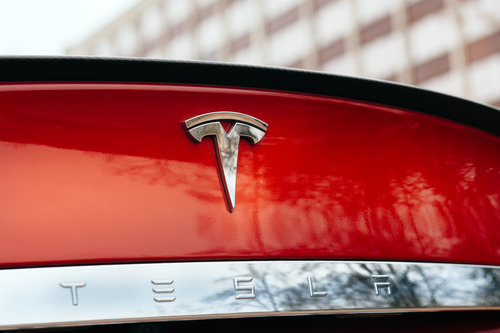
Motor vehicle automation technology has made rapid leaps over the past few years thanks largely to the tremendous investment in the technology by Tesla. The technology promises to increase safety on the nation’s roadways.
But with these systems becoming more prevalent, sooner or later there are going to be widespread issues regarding litigation when these vehicles are involved in accidents. In these situations, how will insurance adjusters and courts handle issues of liability?
The safety of self-driving cars
Many studies have already been conducted to analyze the safety of self-driving cars. One recent report by RAND Corp., a policy research organization, indicates putting self-driving vehicles on the road sooner rather than later could result in hundreds of thousands of lives saved.
The study closely analyzes the impact on traffic fatalities if even “moderately safe” (rather than “nearly perfect” autonomous vehicles were put on the road for widespread use. Nidhi Kalra, a co-author of the report, says that getting those vehicles on the road—even when they are simply better than the average vehicle rather than perfect—saves many lives.
More than 40,000 people died and another 2.5 million were injured in the United States in car accidents in 2015, according to the National Safety Council. About 90 percent of car accidents are the result of human error. The idea is that automated cars, which will not get distracted behind the wheel or drive while drunk or sleep-deprived, will be a significantly safer alternative.
Lawmakers work through regulatory issues
Lawmakers at the state and federal levels are still trying to figure out exactly how to regulate automated vehicles. At this point, they are unlikely to be swayed only by theoretical numbers about the potential number of lives saved. There was already a significant blowback after the first fatal accident involving a self-driving vehicle in Florida, despite the millions of miles safely logged by these vehicles in tests before that crash.
In addition, surveys have found that about half of Americans do not trust automated vehicles. These perceptions could be hurdles to mass adoption of these cars any time soon.
In addition, those perceptions, along with the fact that the vehicles are still in the testing phase, still pose some challenges in determining how to regulate liability in accidents involving the vehicles.
Currently, autonomous vehicles still require a human driver to be involved to some extent. A driver still has some responsibility for the operation of the vehicle, which means he or she could still be at least partially responsible for a crash caused by his or her vehicle, depending on the circumstances. Unless the accident is the result of a feature of the self-driving vehicle not working properly, it is likely the driver would be considered at fault.
For more information on issues of liability in all types of motor vehicle crashes, meet with a dedicated car accident lawyer Bronx at The Law Offices of Evan W. Kohn.

